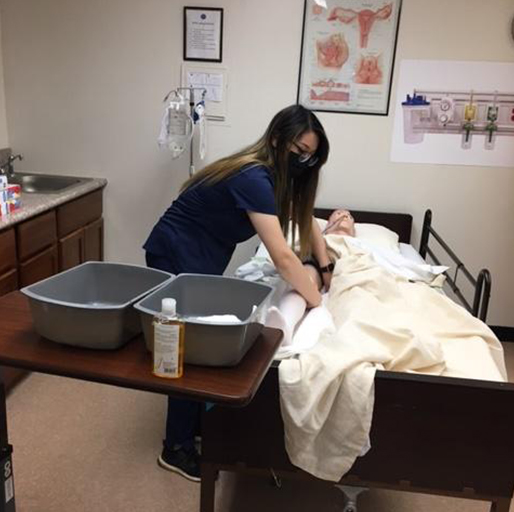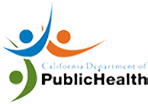ACLS - Advanced Cardiac Life Support
ACLS is an advanced, Instructor-led classroom course; it highlights the importance of team dynamics, communication, systems of care, and immediate post-cardiac arrest care. It also covers airway management and related pharmacology.
REQUEST MORE INFORMATION

- Initial healthcare providers course.
- Certification Renewals course.
We recommend this course for all professional healthcare providers, working under the supervision of a licensed physician and who require certification in Advanced Life Support course such as:
- Physicians
- Registered nurses
- Paramedics
- Physician assistants
- First Responders
- Healthcare workers in emergency rooms
- Workers in ICUs
This course highlights the importance of high-performance team dynamics and communication, systems of care, recognition and intervention of cardiopulmonary arrest, immediate post-cardiac arrest, acute dysrhythmia, stroke, and acute coronary syndromes (ACS).
Course Tuition includes:
Textbook
Scrubs
Stethoscope
2 years BLS certification
Students will learn the following;
- Basic life support skills, including effective chest compressions, use of a bag-mask device, and use of an AED.
- Recognition and early management of respiratory and cardiac arrest
- Recognition and early management of peri-arrest conditions such as symptomatic bradycardia
- Airway management
- Related pharmacology
- Management of ACS and stroke, Airways management (Intubation) and the skill of performiong Intraossious (I/O) procedure.
Certification:
ACLS Provider Course Completion Card, valid for two years
Continuing Education credits awarded for most professions (please inquire in advance).
AHA Disclaimer:
The American Heart Association strongly promotes knowledge and proficiency in all AHA courses and has developed instructional materials for this purpose. The use of these materials in an educational course does not represent course sponsorship by the AHA. Any fees charged for such a course, except for a portion of fees needed for AHA course materials, do not represent income to the AHA.



